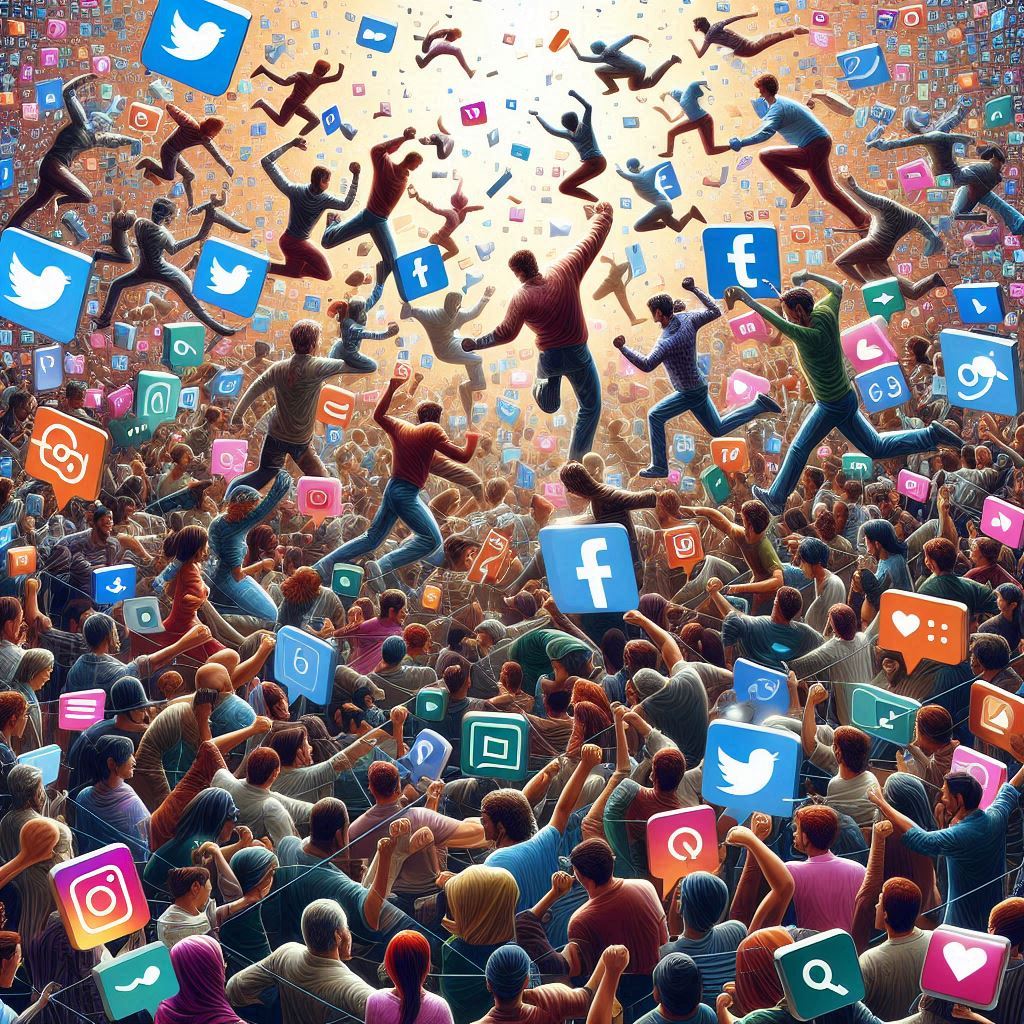
The purpose of the First Amendment of the Constitution, guaranteeing the freedom of speech, does not mean that people can and should say anything. It doesn’t mean the most reprehensible things should always be allowed everywhere. Even with free speech, certain speech should be unacceptable in polite society. However, the government should have no role in drawing that line. That is the purpose of the First Amendment. There should be a line of acceptable speech, but that line must be drawn and enforced by the culture—organically from the ground up, not from the top down via government decree.
When the Constitution was written, the primary medium of mass communication was newspapers. Different publishers of newspapers could determine what they would and would not print, but the government could not prevent a newspaper from publishing something—even “hatespeech” and “misinformation.” But people could decide which newspapers they wanted to purchase and read. The bestselling newspapers in a town dictated the culture that the townspeople would adopt.
In the modern day, culture is created on the internet, especially social media. That's why it is essential for social media platforms to uphold the First Amendment and be completely free of censorship. The platforms are not akin to newspaper publishers of the past—if they were, they’d be liable for everything anyone published (which they are not). Social media platforms are more like printing presses than publications. The individual users are the publishers. They are making the choices of what speech to promote—or what culture to advance.
Social media platforms are the arena where all people in society come together to create and enforce the culture. In that respect, everybody should have the right to say anything on social media. But then individuals and groups can police speech by blocking accounts who disrupt the culture they are trying to create. People retain the freedom of association to follow and join the networks with the culture they support.
Ultimately, those social media networks with the most cultural appeal will come to dominate the platform—they will win the culture war. But, as per the First Amendment, the government is not involved in the process. Minority subcultures can still exist and use social media to spread their ideas and attempt to grow their influence on the larger culture.
Social media is the free marketplace of ideas that shapes the culture. It is where the culture war is fought. So freedom of speech is necessary to keep an even playing field between the various subcultures that are competing for power.
Congratulations @thythinker! You have completed the following achievement on the Hive blockchain And have been rewarded with New badge(s)
Your next target is to reach 3250 upvotes.
You can view your badges on your board and compare yourself to others in the Ranking
If you no longer want to receive notifications, reply to this comment with the word
STOP